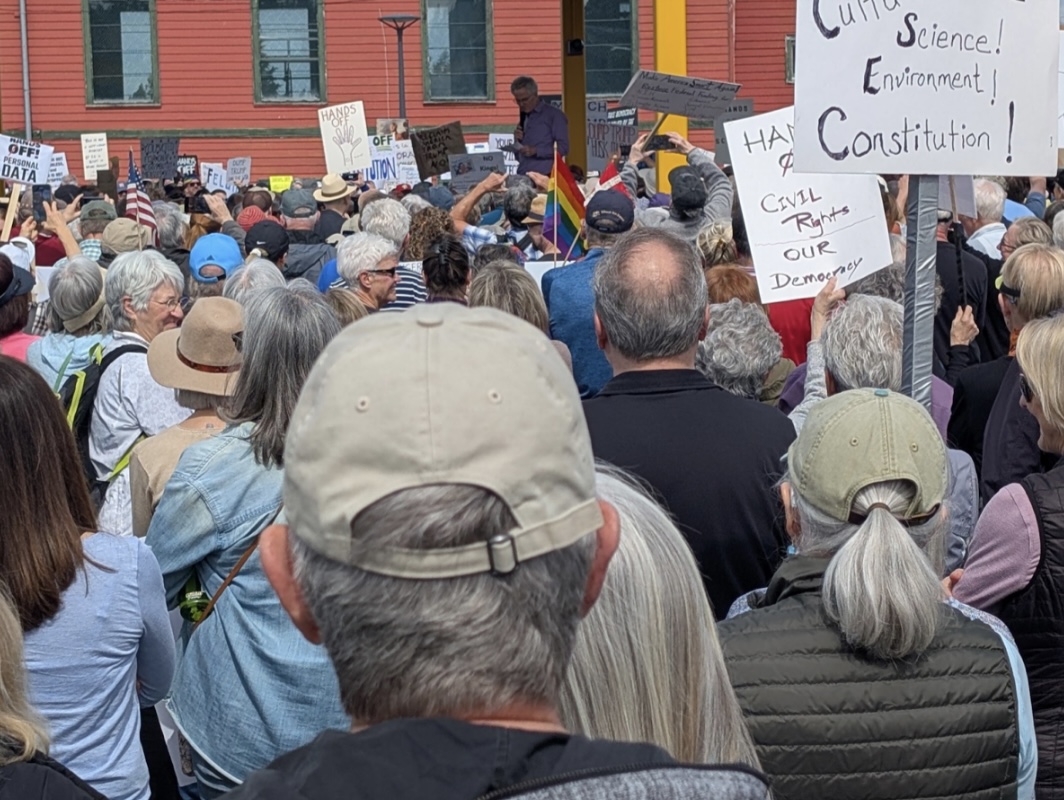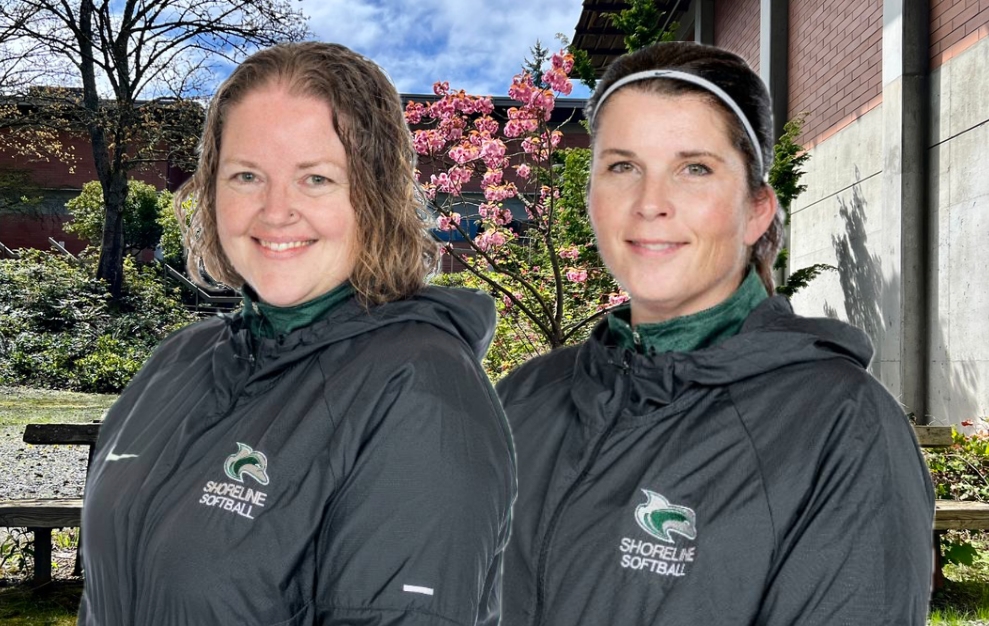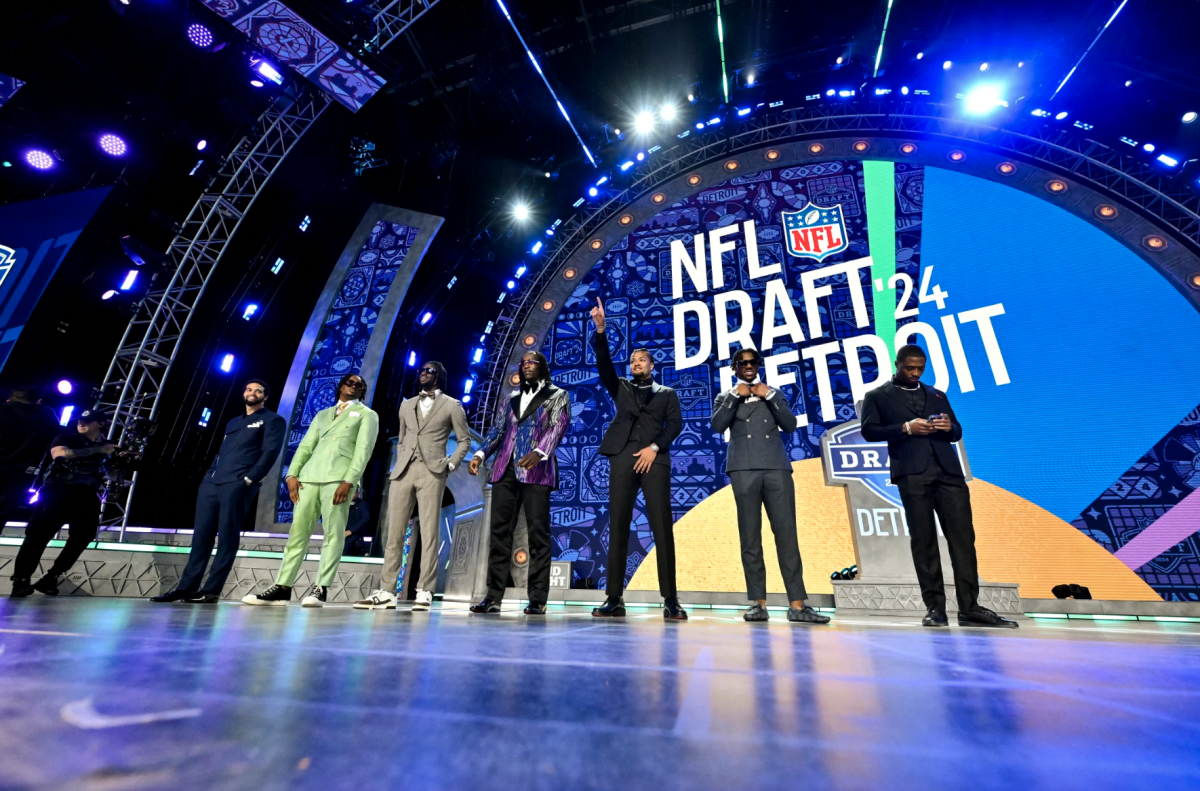FACT-CHECKING THE CANDIDATES
“I would definitely vote for him because he looks better than other candidates.”
“I won’t vote for this guy because I have talked to him before and he is just a socially awkward person.”
I am so done with this shit.
For those who supported Hillary Clinton, if I said I didn’t support her at all because her colorful pantsuits annoyed me, would you be pissed at how dumb I was?
Yes, of course, you would. But why isn’t it the same for the college’s election?
Some of my friends told me their thoughts on this year’s presidential candidates after they read the article in the Ebbtide. And almost all of their judgments were based, not on what the candidates said in the article, but on their pictures.
I tried my best to convince them it’s not about how they look, it’s about what they want to do if elected.
Though I have to admit, humans judge others by appearance. We each have our own set of standards of what a good leader is like, and we pick leaders who fit those rules.
But what if we mistakenly elect someone who fits our standards of appearance but they end up wasting our money like they are playing monopoly?
What you should focus on are their proposals, their prospects and their insights on particular student concerns and issues.
I went to the open forum because I wanted to know just how feasible the candidates’ plans were before I voted.
One issue that has been a concern for candidates over the past few years is about the food in the cafeteria. This year, candidate Denish Oleke said he wants to fix the “high price” of cafeteria food (again, I know), and Brian Dean Tansil said he wants to advocate for boosting the variety of food. Both plan to reach their goals by negotiating with Lancer (the food service contractor for SCC).
The authority to negotiate with Lancer, however, belongs to the school administration, and the ASG itself isn’t entitled to do that alone.
In fact, many of the candidates’ proposals won’t be as simple as they seem to think they will be. Most of the time, those projects are worked on by the administration or the four student fees committees, such as the Sustainability and Commuter Options Fee (SCOF) committee, which are hosted by ASG officers and other staff.
Oleke said he wants to look into negotiating with Sears to assign part of the parking lot as student parking (this refers to the shuttle parking lot near Sears). However, the ASG president doesn’t have the right to negotiate with a third-party company.
More importantly, Sears is closed, and the parking lot near Sears is owned by Aurora Square anyway.
Another highlight of this election is the idea from Long Thanh “Harry” Phan of adding pay-and-go skateboards around the campus. Phan said he is interested in adding skateboards on campus similar to the bike-sharing systems in Seattle, so that late students can rent skateboards to rush to their class instead of running from one end of the campus to the other.
While some community colleges and universities have developed their own bike-share systems for students to travel around the campus, a lot of them have relatively large campuses, with one example being UCLA which developed the Bruin Bike Share program.
Despite having a larger campus compared to the surrounding community colleges, do SCC students really need a shared skateboard/bike system on campus? Would it allow students to ride the skateboards off campus? Would it be operated by the college or a third-party bike-share system?
Phan appeared to be uncertain about the feasibility of his idea during the open forum. He only said that he wanted to talk with bike-sharing companies and set up bicycles or skateboards around the campus.
In last issue’s article, Phan also mentioned offering cash or coupon rewards for students who provide extraordinary project ideas in order to motivate students to offer their advice and opinions on how to improve the campus.
Yet no department is allowed to hand actual cash to either employees or non-employees, according to the state constitution.
In the past, the SCOF committee has offered a limited number of gift cards as prizes for students who participated in their survey. But in that situation, students were offered an equal chance at randomly winning the prizes, according to Micaela Smith, Student Life’s program support supervisor.
Phan also said he wants to store up rainwater to create streams or lakes on campus, which would require massive excavation, and the authority of proposing a project with such adjustments of the campus landscape belongs to the school’s administration.
It seemed to me that our candidates have misunderstood the ability of an ASG president to carry out even a single project.
Keyword: advocate. For most of the plans the candidates came up with, they would only have the ability to advocate for student issues by bringing up particular ideas to the administration or other relevant committees.
Student Life doesn’t expect candidates to fully understand the college policies and procedures needed to pursue projects, according to Smith. However, the future members of student government would receive mandatory leadership and operational training sessions throughout summer quarter to prepare them for their responsibilities and to help them understand the procedures in pursuing different projects.
Before you judge any of them by their appearances or their English proficiencies, spend some time reading about and listening to what they want to bring to you and SCC as a whole, either by talking to them on campus or by reading their profiles from our last issue.
After you have tried all of these, you might still think they suck and that none of them are worth your vote. While casting a blank vote to protest your discontentment isn’t an option in this election, picking the lesser evil might be the way to go.
At least you’ll be voting for a potential student leader instead of for a good-looking guy.
By Frances Hui,
Political Editor







